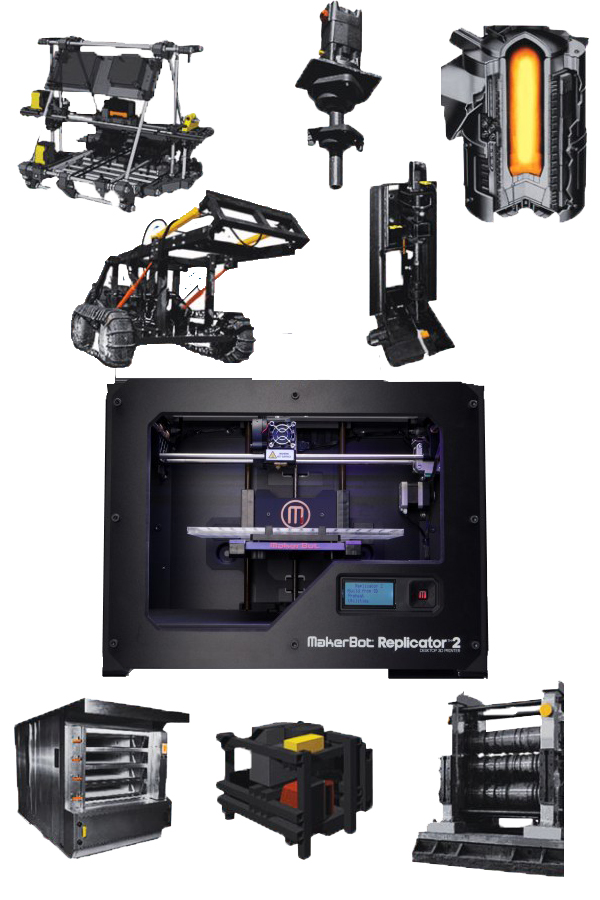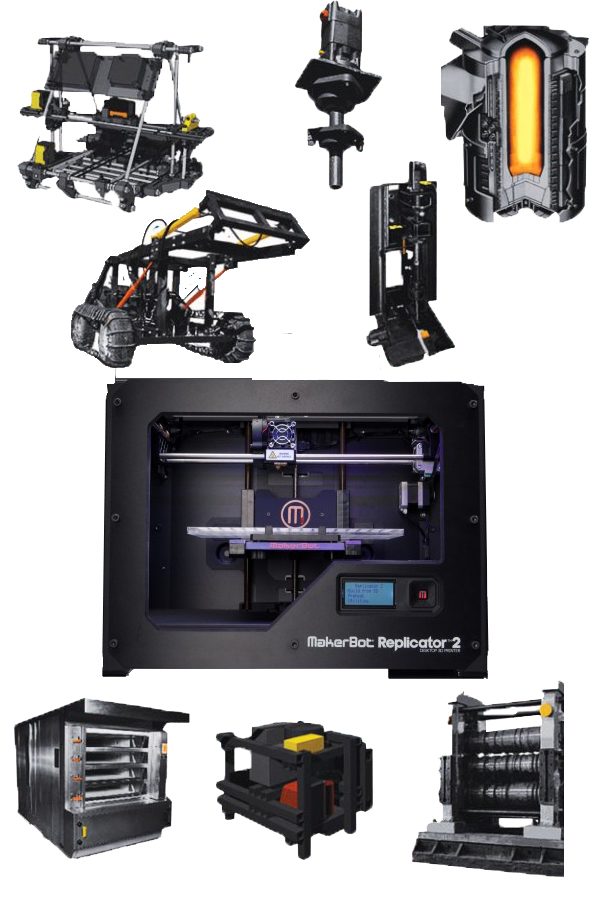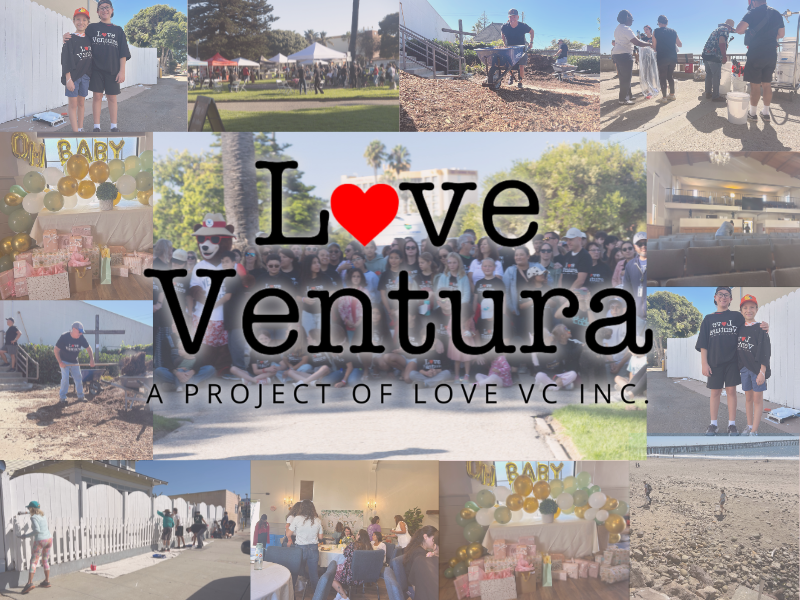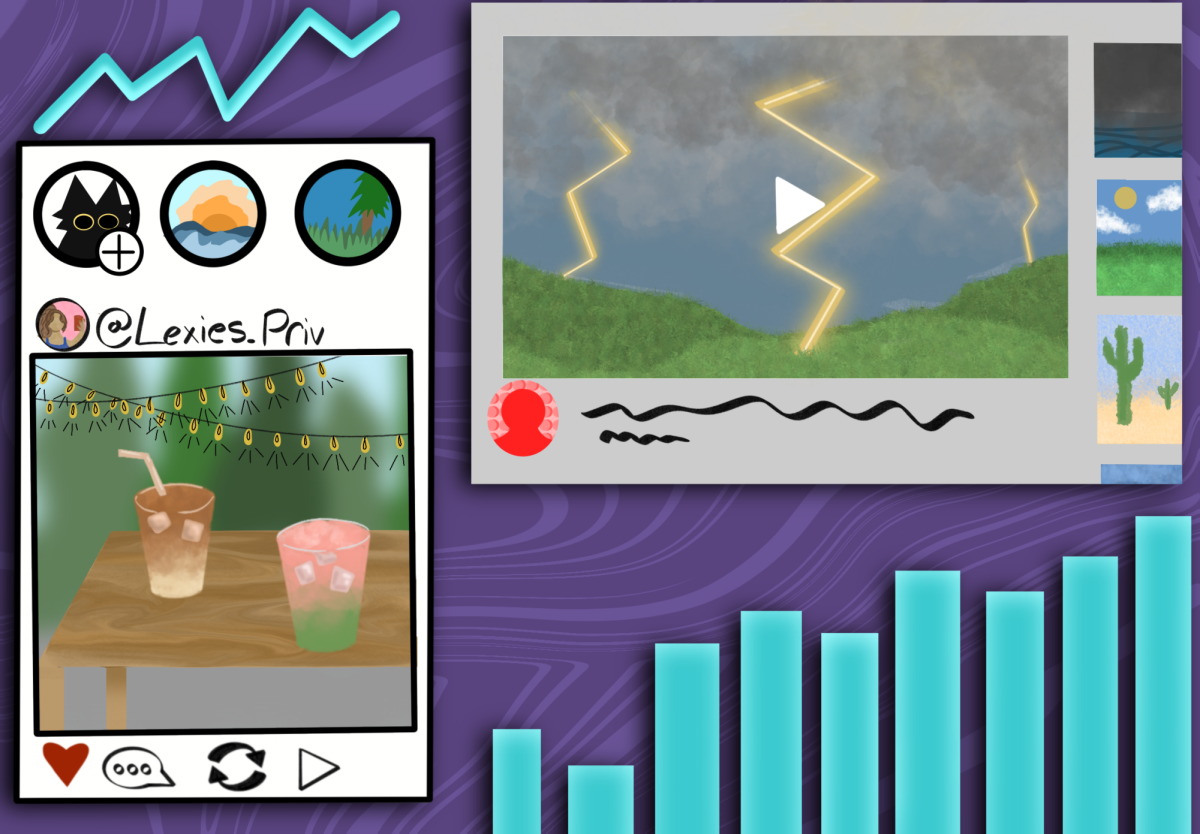
One invention this year was the Makerbot Replicator 2, an upgrade from the 3-D printer Makerbot Replicator. With this printer, a person can download or create a design and print it from ultra-thin plastic layers.
Freshman Keaton Dadigan was intrigued when he heard about this invention.
“I’m surprised that they came up with the technology to do this,” Dadigan said. “I think it’s an awesome invention, because maybe people can replicate their inventions without remaking the entire thing.”
Tech-savvy sophomore, Matthew Gonzales, who was more aware of the invention, did not see it as particularly beneficial or interesting.
“[How it works] is you buy this plastic mold [material] that goes in the printer and it’s so expensive,” Gonzales said. “And I don’t think that it could be used for anything rational. I think it needs to be further developed.”
As well as the Makerbot Replicator 2, another popular invention of 2012 was the Civilization Starter Kit, designed and produced by a Polish man named Marcin Jakubowski, a farmer and technologist and the founder of Open Source Ecology.
Jakubowski, who built a tractor in six days, decided to show the world the methods with free instructions, budgets, and videos online. He believed that by helping ordinary people build farming devices, powerful human potential could be unleashed. In the Civilization Starter kit, Jakubowski also has instructions on building a soil pulverizer and a power cube for anyone with internet access.
Sophomore Carlos Cohen was immediately fascinated with the idea.
“It sounds so cool,” Cohen said. “I’m very into new technology, I love the cutting edge. I really like math, science, and technology, because you can invent crazy things like [the Civilization Starter Kit]; it really pushes the boundaries.”
Cohen also believes that the invention can help impoverished areas around the world, but social studies teacher Cherie Eulau thinks otherwise.
“I would love to say that it would benefit developing countries and that they’ll be able to use this,” Eulau said. “But the reality is people in poor countries still lack some of the technologies that make that possible, or the know-how to do it, or the resources. So it might help in the long run, but in the short run, it’s going to help those people who already have the access to all of [the resources].”
Eulau also said that she believes that the world is currently experiencing an another revolutionary era in terms of new inventions and technology.
“There’s a lot of evidence that shows that the changes of the first and second industrial revolution is what we’re seeing now today with technology changing the way people work and live, and where they work and live, and how they interact. And it’s changing what’s possible for a lot of people,” she said.
If technology is said to bring change, we can certainly say that 2012 was a full of it, with a considerable amount of peculiar and quirky inventions. As we head into the new year of 2013, it is likely that our revolutionary era in terms of technology will continue.









